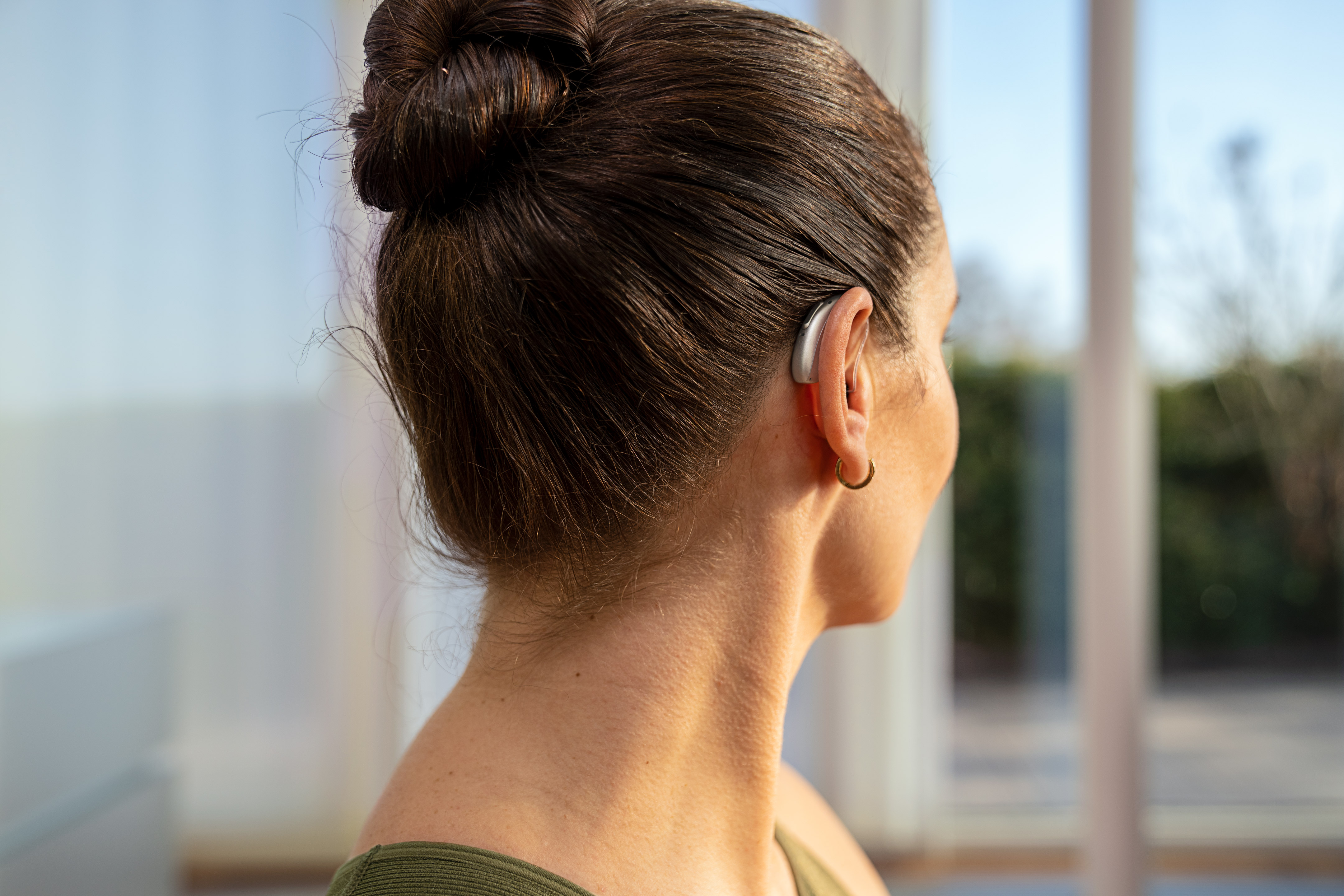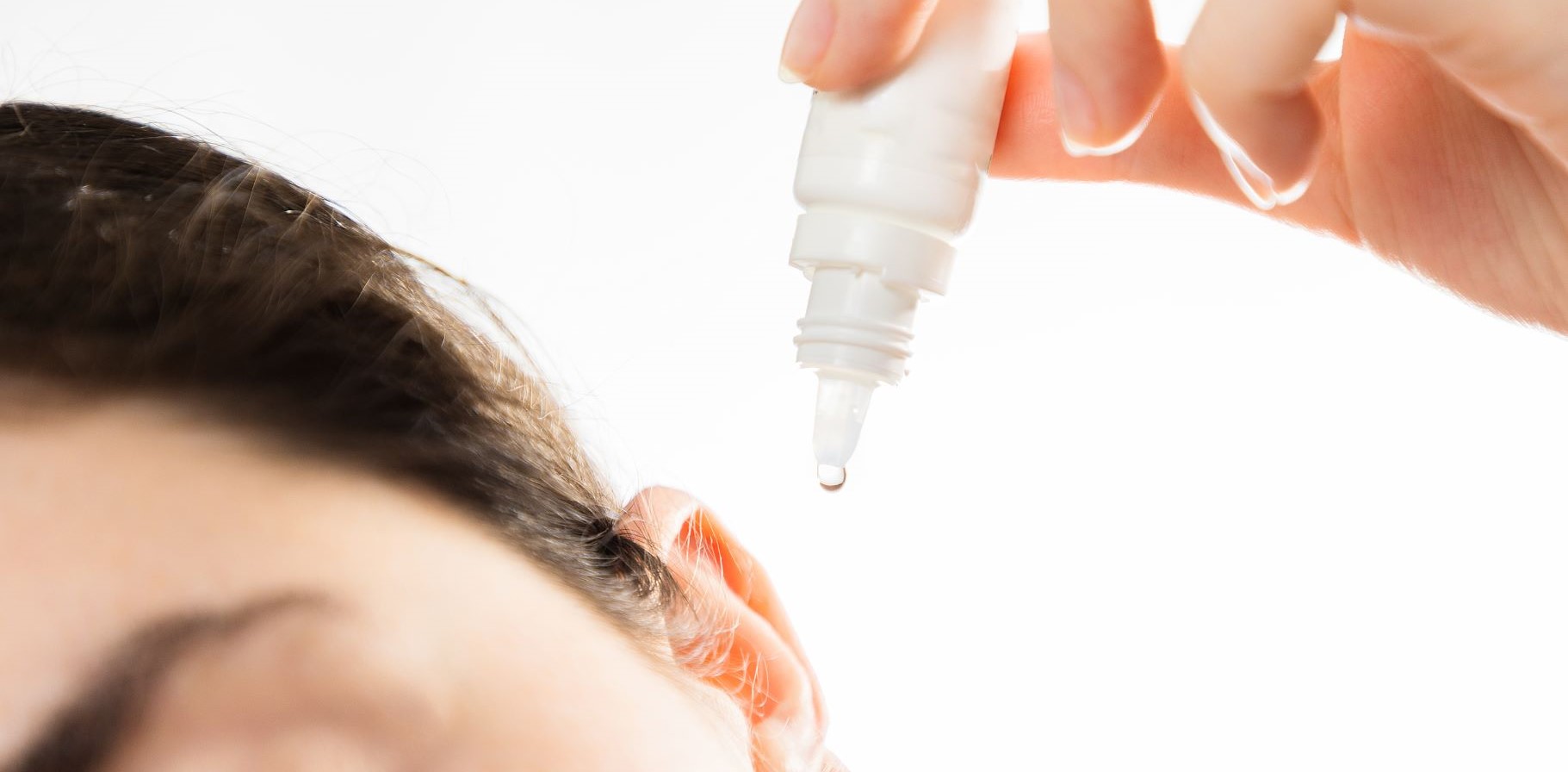If you experience changes in your hearing, don’t be alarmed; depending on its cause, it may be repairable. Even if the change is irreversible, in most cases, it can be mitigated and much of your hearing improved, for example, with hearing aids.
The Australian Government estimates that around 3.6 million Australians have hearing loss, and 1 in 3 have noise-related ear damage.1 Taking steps to protect your hearing and taking advantage of the treatments, hearing aids and other mitigations available will help to keep you enjoying conversation, music and all your favourite sounds.
What Causes Hearing Loss?
There are three broad categories of hearing loss: conductive, sensorineural and mixed²:
- Conductive hearing loss: temporary or permanent hearing loss due to blockage (e.g. wax buildup) or damage (e.g. broken connections between your inner ear bones). Causes can include ear infections, middle-ear fluid buildup, otosclerosis (middle-ear bone growths) and perforated eardrums.
- Sensorineural hearing loss: permanent hearing loss due to damage to your auditory nerve or your cilia (tiny hairs in your inner ear that move in response to sound, sending nerve impulses to your brain). Causes can include age, exposure to loud noise, and some diseases and medications.
- Mixed hearing loss: temporary or permanent hearing loss due to a combination of sensorineural and conductive factors, such as when excessive wax buildup exacerbates auditory nerve damage’s effects.

.png?branch=web_prod)



.png?branch=web_prod)